How to Support Tunnels By Self Drilling Rock Bolts?The Advantages of Self Drilling Rock Bolts
Time:2024-08-22From:sinorock View:
As urbanization and technological advancements accelerate, the utilization of underground spaces has become increasingly critical. From transportation tunnels to mining shafts, the demand for robust underground infrastructure has surged. However, the challenges posed by weak or broken surrounding rock formations have highlighted the limitations of traditional excavation and support methods. In such cases, self-drilling rock bolts have emerged as a superior solution, integrating drilling, grouting, and anchoring functions in a single operation. This article delves into the process of supporting tunnels using self-drilling rock bolts, emphasizing their advantages over conventional methods, and offers insights into the current state of the industry.1. Understanding Broken Surrounding Rock
Broken surrounding rock typically refers to rock formations classified as Class IV-VI, where the rock's natural ability to stabilize itself is compromised. These formations are often encountered at tunnel faces, near cave surfaces, or in areas with thin overburden. Additionally, some formations are naturally unstable due to factors such as expansive soil, weak loess, unconsolidated materials, faults, or the presence of quicksand. The poor stability of such rock masses, exacerbated by fissures and groundwater, poses significant risks during construction, leading to potential collapses and slides along weak layers. The need for a reliable support system in such conditions cannot be overstated.
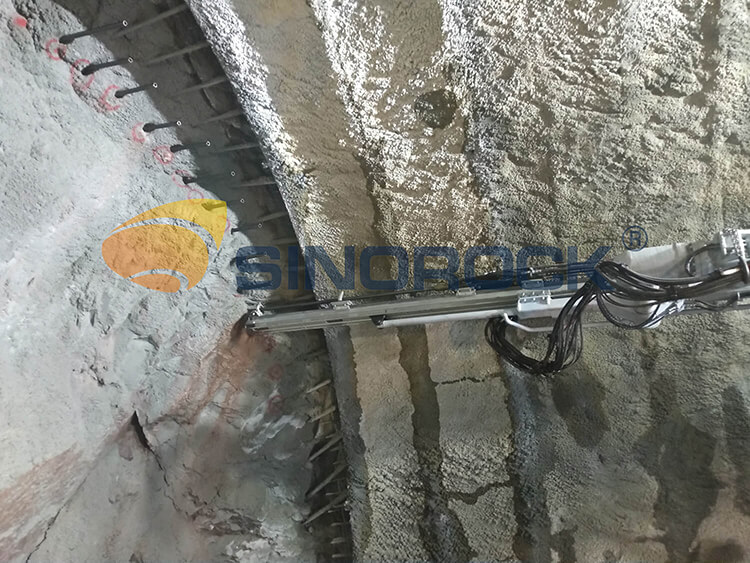
2. The Importance of Supporting Broken Surrounding Rock
When tunneling through broken rock, the excavation process disrupts the rock mass’s self-stabilizing properties, leading to a redistribution of stress and strain within the rock. The stress-strain relationship in these scenarios becomes nonlinear, and the formation of weak structural planes within the rock can cause stress concentrations. As stress exceeds the rock's shear strength, overall deformation and failure can occur, threatening the stability of the tunnel. This is particularly concerning when dealing with weak interlayers and groundwater channels, which can further destabilize the structure. Therefore, implementing an effective support system is crucial to maintaining tunnel integrity and preventing catastrophic failures.
3. Challenges in Excavating Broken Surrounding Rock
Traditional support methods, such as mesh and sprayed anchors, have proven inadequate for stabilizing broken surrounding rock. While resin capsule anchor bolts are commonly used, they present several challenges that compromise both the quality and efficiency of the construction process:
Difficulty in Drilling: Limited by the rock type, the circular excavation reserved core soil method is typically employed. However, the narrow working space and frequent need to replace drill bits after completing a 3-meter hole result in low work efficiency. Additionally, the issue of slag falling into the hole remains unresolved, further complicating the process.
Challenges with Resin Bolts: The roughness of the hole wall, combined with the tendency of resin bolts to absorb water, diminishes their effectiveness. The presence of slag within the hole also makes it difficult to install resin bolts correctly, leading to suboptimal anchoring.
Installation Obstacles: The broken nature of the surrounding rock causes frequent blockages and drops within the borehole, making it challenging, if not impossible, to install bolts securely.
These challenges highlight the limitations of traditional methods, making self-drilling rock bolts the preferred choice for improving construction outcomes in broken rock conditions.
4. The Advantages of Self-Drilling Rock Bolts
Self-drilling rock bolts offer a comprehensive solution to the challenges posed by broken surrounding rock. Here are some key advantages that make them an indispensable tool in modern tunneling and mining projects:
.jpg)
Versatile and Efficient Installation: The continuous thread along the body of self-drilling rock bolts allows them to be cut and connected at any location, making them ideal for use in narrow workspaces. This design feature also addresses the difficulty of drilling holes for bolts in challenging environments. Additionally, the continuous thread provides stronger bonding resistance compared to traditional steel bars.
Enhanced Grouting Capabilities: Self-drilling rock bolts are equipped for efficient grouting, which helps fill cracks, consolidate rock mass, and control groundwater. The grouting process ensures a wide diffusion radius and reliable anchoring quality, essential for stabilizing broken rock formations.
Integrated Functionality: By combining drilling, grouting, and anchoring into a single operation, self-drilling rock bolts eliminate the need for casing in broken rock conditions. This not only simplifies the installation process but also ensures a more secure and reliable anchoring and grouting effect. The ease of operation and time-saving aspects contribute to significant cost reductions in construction projects.
Easy Installation of End Hardware: The end of a self-drilling rock bolt can be directly fitted with a special nut, overcoming the difficulties associated with installing traditional bolt bearing plates. This feature enhances the overall efficiency and reliability of the support system.
Summary
Supporting tunnels in broken surrounding rock requires a specialized approach that addresses the unique challenges of these conditions. Self-drilling rock bolts stand out as a robust solution, offering reliability, efficiency, and simplicity that traditional methods fail to provide. As the demand for underground infrastructure grows, the industry continues to embrace advanced technologies to ensure the safety and stability of these critical structures.
Sinorock, a leader in the ground support industry, has been at the forefront of innovation in self-drilling rock bolt technology. With years of experience and a commitment to quality, Sinorock provides comprehensive solutions tailored to the needs of complex geotechnical projects. Whether you are dealing with weak rock formations, challenging groundwater conditions, or tight construction schedules, Sinorock’s self-drilling rock bolts offer unmatched performance and reliability. For more information on how Sinorock can support your next project, contact us at sinorock@sinorockco.com.
latest news
-
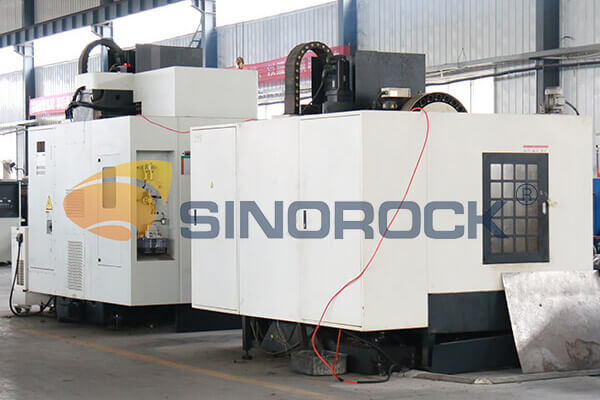
- 3 Crucial Factors That Impact the Quality of Self-Drilling Hollow Bolts
- Time:2025-01-26From:This Site
- As we all know, the quality of the self-drilling hollow bolts is vital to the whole project. It determines if the project is safe for the people in future use. Then, what will affect the quality of the self-drilling hollow bolts?
- View details
-

- Self-Drilling Anchor Bolt Construction in Complex Geological Slope
- Time:2025-01-24From:This Site
- During construction, Self-drilling hollow anchor bolt integrates drilling, grouting and anchoring functions, which significantly improves drilling efficiency. And under the action of pressure pump, the grouting in the rock strata and voids is full, which ensures the grouting thickness and anchoring effect.
- View details
-
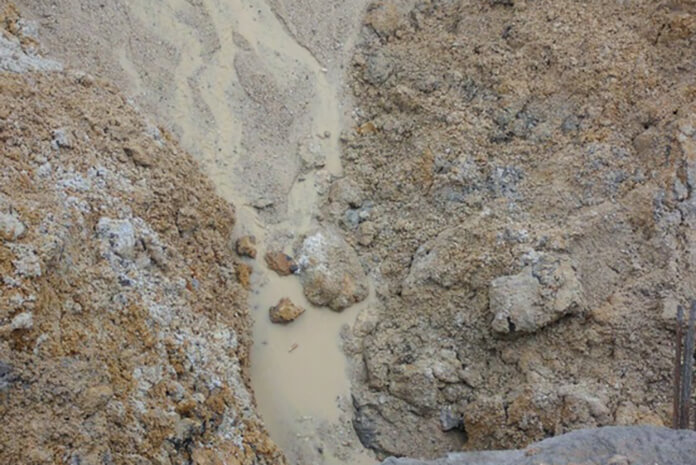
- How Does Self-drilling Rock Bolt Drill in Quicksand Geological Condition?
- Time:2025-01-19From:This Site
- This in-depth guide explores how self-drilling rock bolts function in quicksand geological conditions, covering the challenges, construction methods, and best practices for ensuring effective anchorage in unstable, fluidic soil layers.
- View details
-
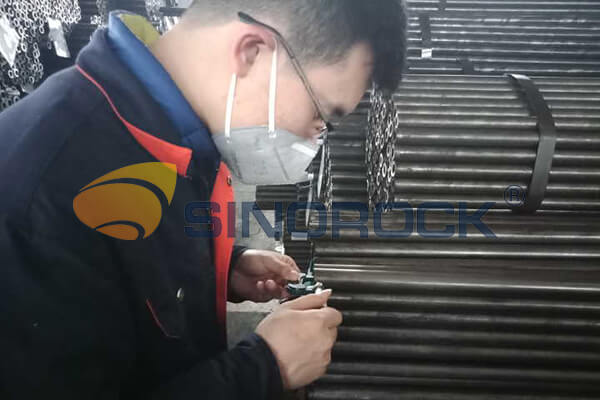
- Quality Control: the Vital Factor of A SDA Bolt Factory
- Time:2025-01-09From:This Site
- Sinorock’s comprehensive quality control system, from supplier management to outgoing inspections, ensuring the highest standards for self-drilling anchor bolts in construction.
- View details
-
.png)
- International Women's Day with Strawberry-picking
- Time:2024-03-09From:This Site
- Marked the annual observance of International Women's Day, and to commemorate this significant event, Sinorock organized a special strawberry-picking event exclusively for its female employees.
- View details
-

- Celebrate the 74th anniversary of the founding of the People's Republic of China
- Time:2023-10-01From:This Site
- On October 1st every year, we observe the annual National Day, commemorating the birth of our beloved motherland.
- View details
-
.jpg)
- SINOROCK to Attend EXPOMINA PERÚ 2024 in Lima, Peru
- Time:2024-08-10From:This Site
- Sinorock to Attend EXPOMINA PERÚ 2024 in Lima, Peru
- View details
-
.jpg)
- SINOROCK to Participate in MINING AND METALS CENTRAL ASIA 2024
- Time:2024-08-08From:This Site
- SINOROCK to Participate in MINING AND METALS CENTRAL ASIA 2024
- View details
-
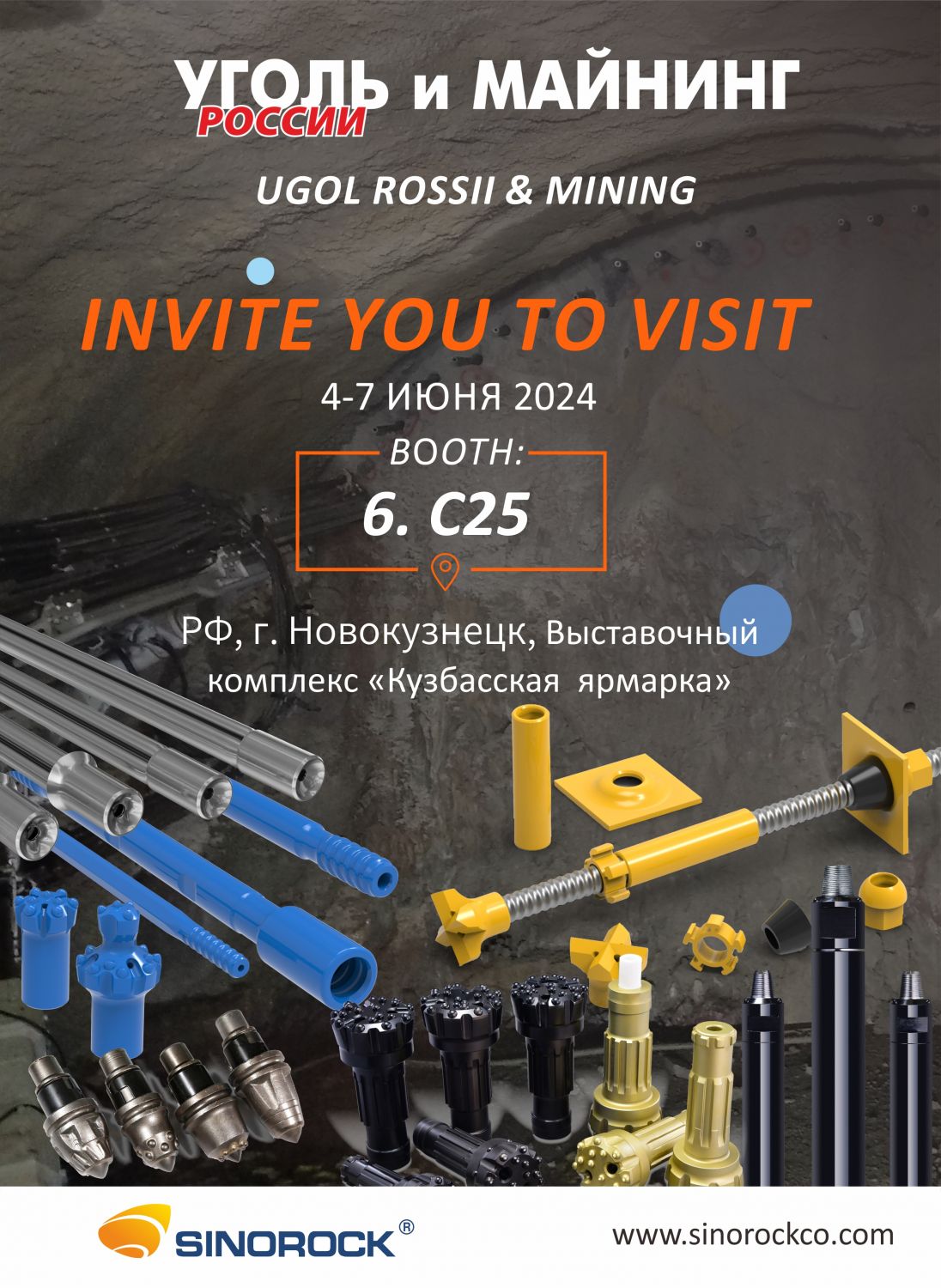
- SINOROCK Gears Up for UGOL ROSSII & MINING 2024 with Custom Mining Solutions
- Time:2024-05-15From:This Site
- SINOROCK is thrilled to announce its participation in the highly anticipated 32nd International Trade Fair for Mining Technology, UGOL ROSSII & MINING 2024. The event will take place at the Exhibition complex "Kuzbass Fair" in Novokuznetsk, Kemerovo region - Kuzbass, Russia, from June 4th to 7th, 2024.
- View details
 Download
Download 


